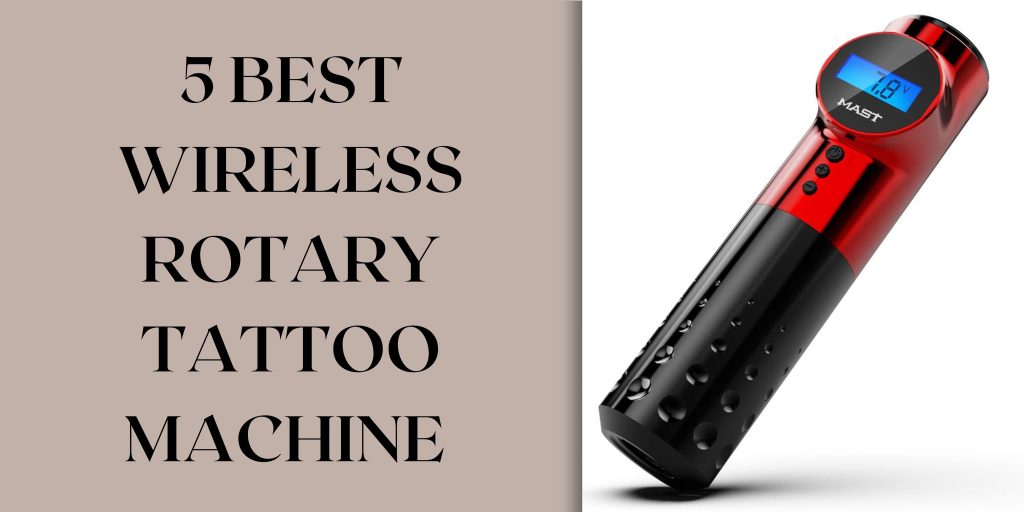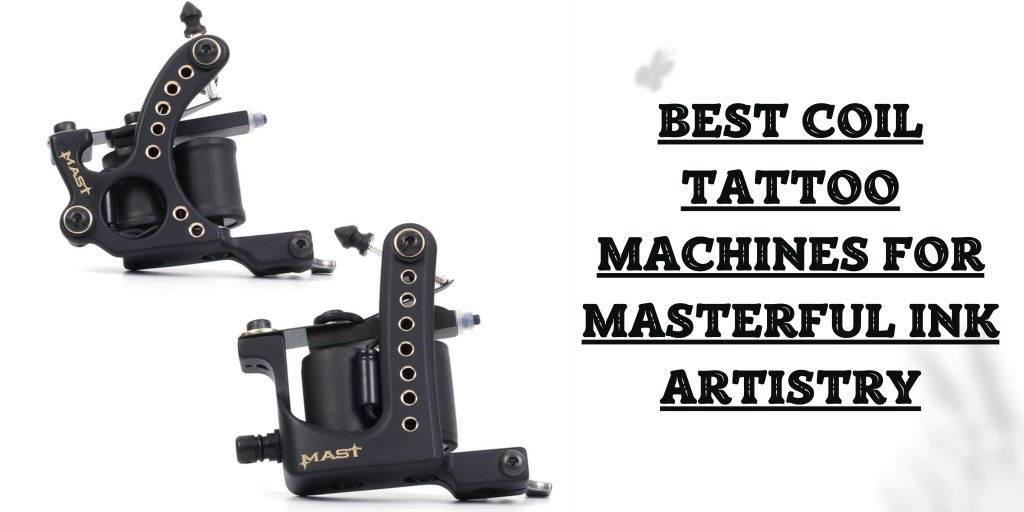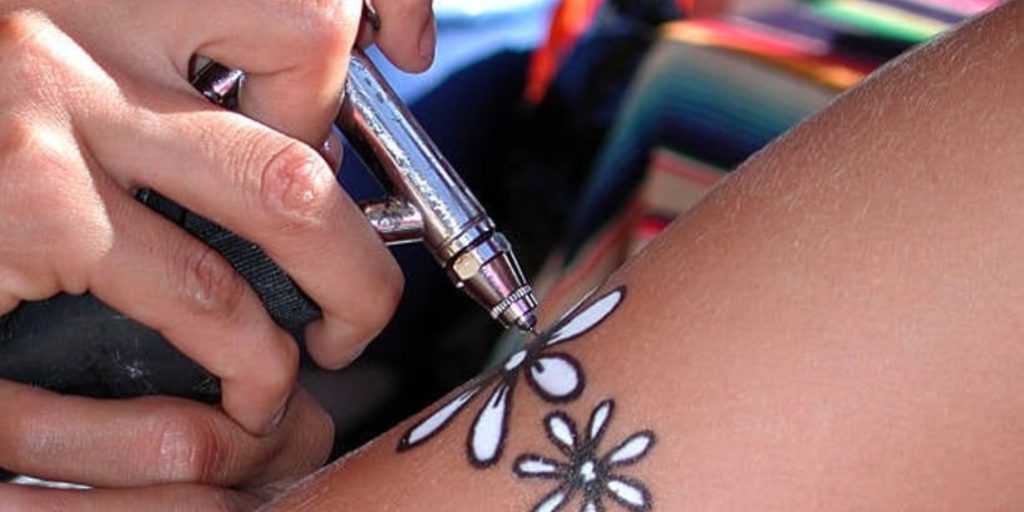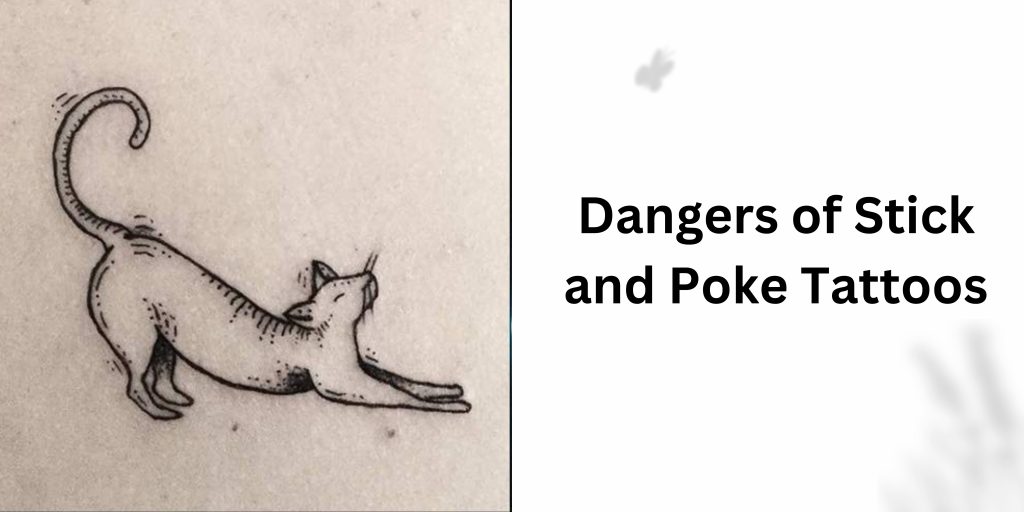So, you’re expecting a little bundle of joy and have decided it’s time to part ways with that tattoo you once thought was a great idea. But, as you start considering tattoo removal, a pressing question arises: can you get tattoo removal while pregnant? This article will delve into this intriguing topic, exploring the ins and outs of tattoo removal during pregnancy and providing you with all the information you need to make an informed decision.
Understanding the Tattoo Removal Process
Before we dive into the pregnancy aspect, let’s first understand how tattoo removal works. Tattoo removal typically involves using lasers to break down the ink particles in your skin, which are then gradually eliminated by your body’s natural processes. It’s an effective way to bid farewell to tattoos, but it’s essential to know how it might interact with the unique circumstances of pregnancy.
Read More: How to remove lip tattoo?
Safety First: The Concerns of Tattoo Removal during Pregnancy
Pregnancy is a time of tremendous change in a woman’s body, and ensuring the safety of both the mother and the unborn child is of paramount importance. When considering tattoo removal during pregnancy, several concerns come to the forefront:
Potential Harm to the Fetus
The primary concern revolves around the possible harm that the laser used for tattoo removal may pose to the developing fetus. While laser technology has advanced significantly and is generally considered safe for various medical procedures, its interaction with pregnancy is less understood.

Pain and Stress
The tattoo removal process can be uncomfortable and even painful for some individuals. The added stress and discomfort during pregnancy may not be advisable, as stress can have adverse effects on both the mother and the baby.

Changes in Skin
Pregnancy hormones can cause changes in your skin, making it more sensitive. This heightened sensitivity might increase the risk of adverse reactions or complications during tattoo removal.
Increased Pain and Discomfort
The tattoo removal process can be painful and uncomfortable, even for individuals who are not pregnant. During pregnancy, a woman’s body goes through various changes, including heightened sensitivity. This increased sensitivity might make the procedure more painful, potentially leading to discomfort for both the mother and the baby.
Risk of Infection
Any procedure that breaks the skin’s barrier carries a risk of infection. Pregnancy can weaken the immune system, making the body more vulnerable to infections. This increased susceptibility to infections could further complicate the healing process after laser tattoo removal.
Read More: How To Remove Temporary Tattoos
Expert Opinions on Tattoo Removal during Pregnancy
To gain further insight into the risks of laser tattoo removal during pregnancy, we consulted with medical professionals.
Dr Sarah Martinez, a dermatologist, shared her perspective: “While laser tattoo removal is generally safe for most individuals, it’s not something we recommend during pregnancy. The potential risks to the fetus and the uncertainty about how pregnancy hormones might affect the procedure make it advisable to postpone tattoo removal until after childbirth.”
Dr Emily Johnson, an obstetrician-gynecologist, emphasized the importance of safety during pregnancy: “The health and well-being of both the mother and the baby should be the top priority during pregnancy. While there may be rare instances where tattoo removal during pregnancy is necessary for medical reasons, it’s generally not recommended due to the unknown risks. It’s crucial for pregnant individuals to consult with their healthcare providers before considering such procedures.”
Alternatives to Tattoo Removal during Pregnancy
If you’re determined to bid farewell to your tattoo but are hesitant to pursue removal during pregnancy, there are alternative options to consider:

Temporary Cover-Up
Consider using makeup or clothing to cover up your tattoo temporarily. This can be especially helpful for special occasions or events where you’d like to conceal your tattoo without undergoing a removal procedure.
Postpone Removal
Most experts recommend postponing tattoo removal until after childbirth and breastfeeding. This allows you to prioritize the health and safety of both you and your baby without compromising on your long-term goals.
Consultation with Healthcare Professionals
Your dermatologist and obstetrician are your best resources for guidance during this time. Schedule appointments with both to discuss your options and concerns, ensuring you make an informed decision tailored to your specific situation.
Read More: Ways to remove hair from a tattoo







